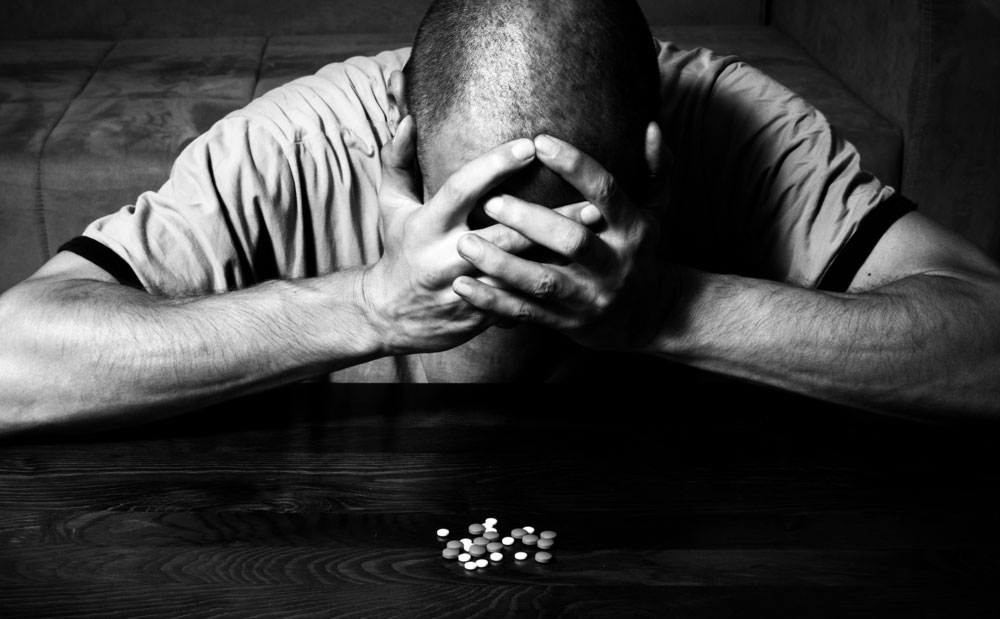A verdict must not merely be seen as the law catching up with an offender. A judgment, on occasion, can illuminate the philosophy integral to jurisprudence. In a singular judgment, one that propelled India to a select fraternity of nations with a sensitive, humane and modern outlook towards debilitating mental conditions, the Supreme Court has barred the execution of convicts with serious mental illnesses that developed during their incarceration, resulting in the impairment of their cognitive abilities. What is especially heartening in this case is the court’s interpretation of deterrence, its functions, and, in the court’s wisdom, its seamless connection with prisoners’ rights. Punishments, such as the death penalty, can, India’s highest court argued, serve as a deterrent only if the implications of such a sentencing are made abundantly clear to the one receiving the sentence. Conversely, the death penalty would lose its raison d’ être if a convict, his reasoning compromised by a mental affliction, is unable to comprehend the severity of the punishment. The communication of this severity is fundamental to the principle of natural justice because it should, ideally, correspond to the degree of the violation.
Insanity has always been a ground for lenient sentencing. But the court has made it clear that such leniency cannot be expected if post-conviction mental illness is used as a ruse to escape the noose. Only the most severe of psychotic disorders — schizophrenia, to cite one example — certified by a medical professional, would merit such an exemption. While acknowledging the direction that has been taken by international judicial trends, the bench made the pertinent point that the harsh conditions prevailing in prisons — overcrowding, poor healthcare facilities, the lack of privacy as well as isolation — can lead to the disintegration of the mental faculties of prisoners. The momentum generated by the apex court’s intervention should now be taken forward to argue for comprehensive reforms in prisons, enabling their transition from oppressive, closed institutions into sites of meaningful corrective action. There is also a case for the early rehabilitation of undertrials — two out of three prisoners in India are such — many of whom suffer mental agony during their wait for justice.













